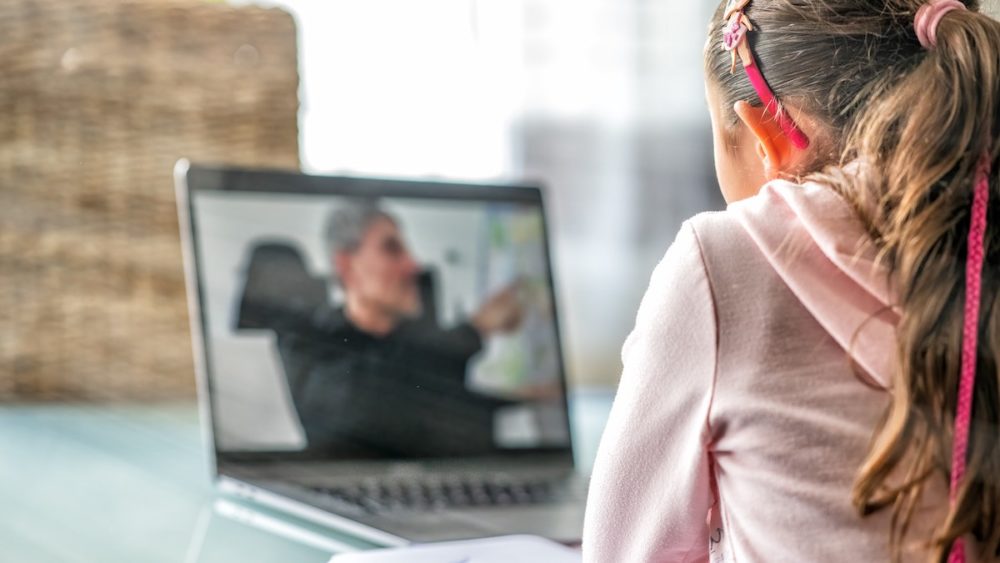As SA prepares for Reception, Years 1, 7, 8 and 12 to return to classrooms on February 2, with the remainder of students learning online for the first two weeks of term, it seems inevitable for both kids and parents to be feeling a little anxious about this disruption to the start of the school year.
While parents and caregivers can’t control how school returns at the end of this month, there is still a lot of ways to support children and teens to feel safe and in control during this time to support their mental health.
Infant and child mental health advocate, Emerging Minds says it is understandable for anxiety amongst children and families to be heightened at times of uncertainty.
“We know that the start of the school year is a time of excitement and nerves for students and families,” says Emerging Minds Director, Brad Morgan.
“Add in the uncertainty of SA’s delayed return to the classroom for the majority of students and the switch to online learning, it’s no surprise that many children and families are feeling anxious about returning to school in the pandemic”, he says.
“Periods of uncertainty can have longer-term mental health impacts, but they don’t have to.
“Parents, educators and extended family can play an important role in helping children manage the feelings that come during times of uncertainty and reduce future risk of mental health concerns”, he continued.

Here’s some of the top advice he presents on how to support kids through this transition:
- How you feel matters: Children use the people around them to judge how safe situations are – when you feel safe and calm, so do your children. If you are struggling, seek information and support.
- Be curious: Don’t assume you know what children are worried about. Create opportunities for them to share their worries with you and with other trusted people in their lives.
- Reassure your child it’s okay (in fact, it’s normal) to feel different during these times.
- If your child is non-verbal, you can describe the thoughts, feelings and sensations you think they may be experiencing, based on your observations.
- Give children opportunities to be in control. It might be choosing what t-shirt they want to wear, the filling in their sandwich, or taking charge of a new job around the house. It also helps to share things kids can do to keep themselves and those around them safe.
- Don’t say everything is okay if it’s not. Being told things are ‘fine’ when their own physical and emotional experiences are telling them otherwise can affect a child’s sense of trust. During times of uncertainty, share how those around them are working hard to keep people safe and make sure school can start soon.
- Acknowledge the situation and talk to your child about what is happening in a way that is appropriate for their age. It’s okay to admit that you don’t know what might happen next, but let them know you’ll be there to support them through it.
For further resources and support, head to the Emerging Minds website.





















